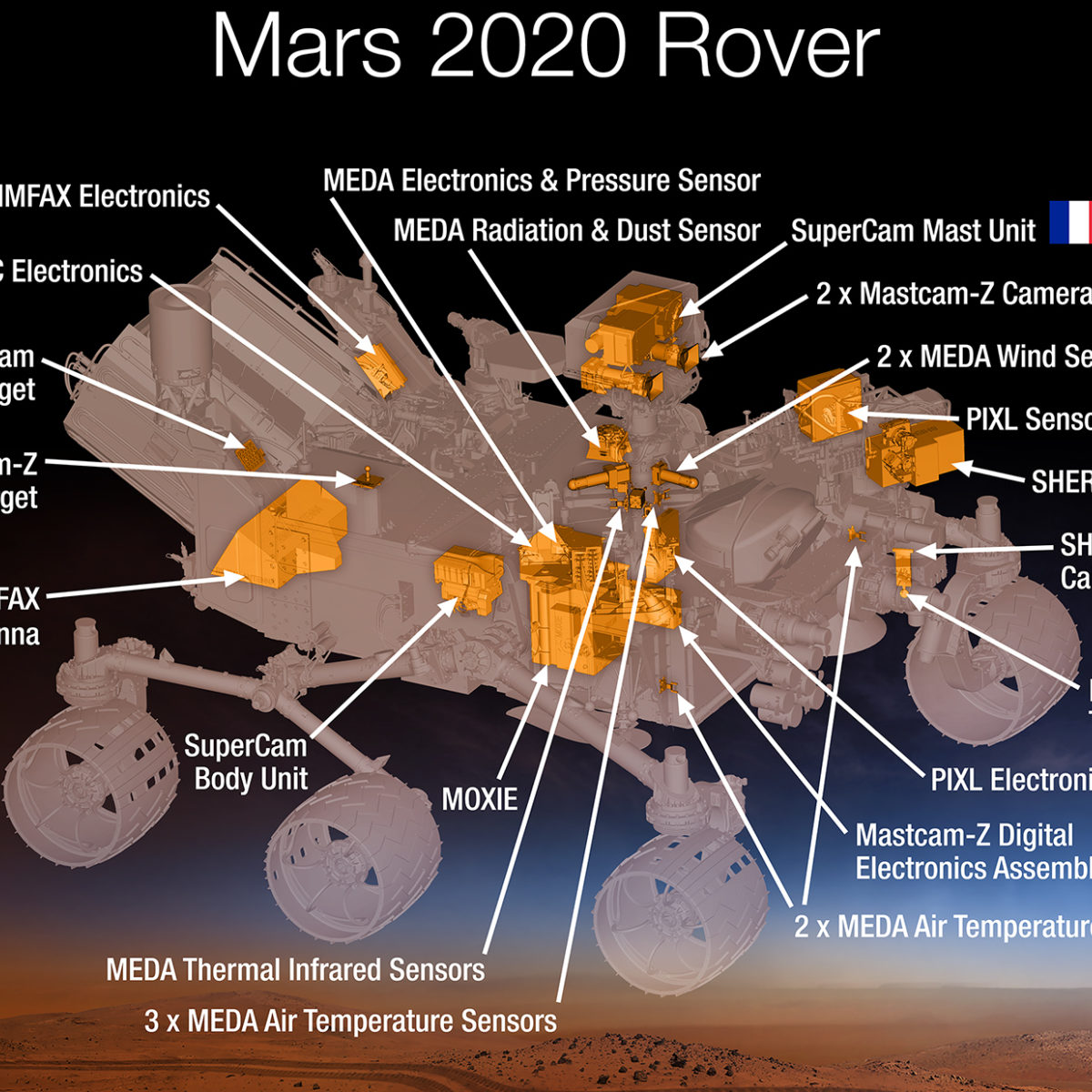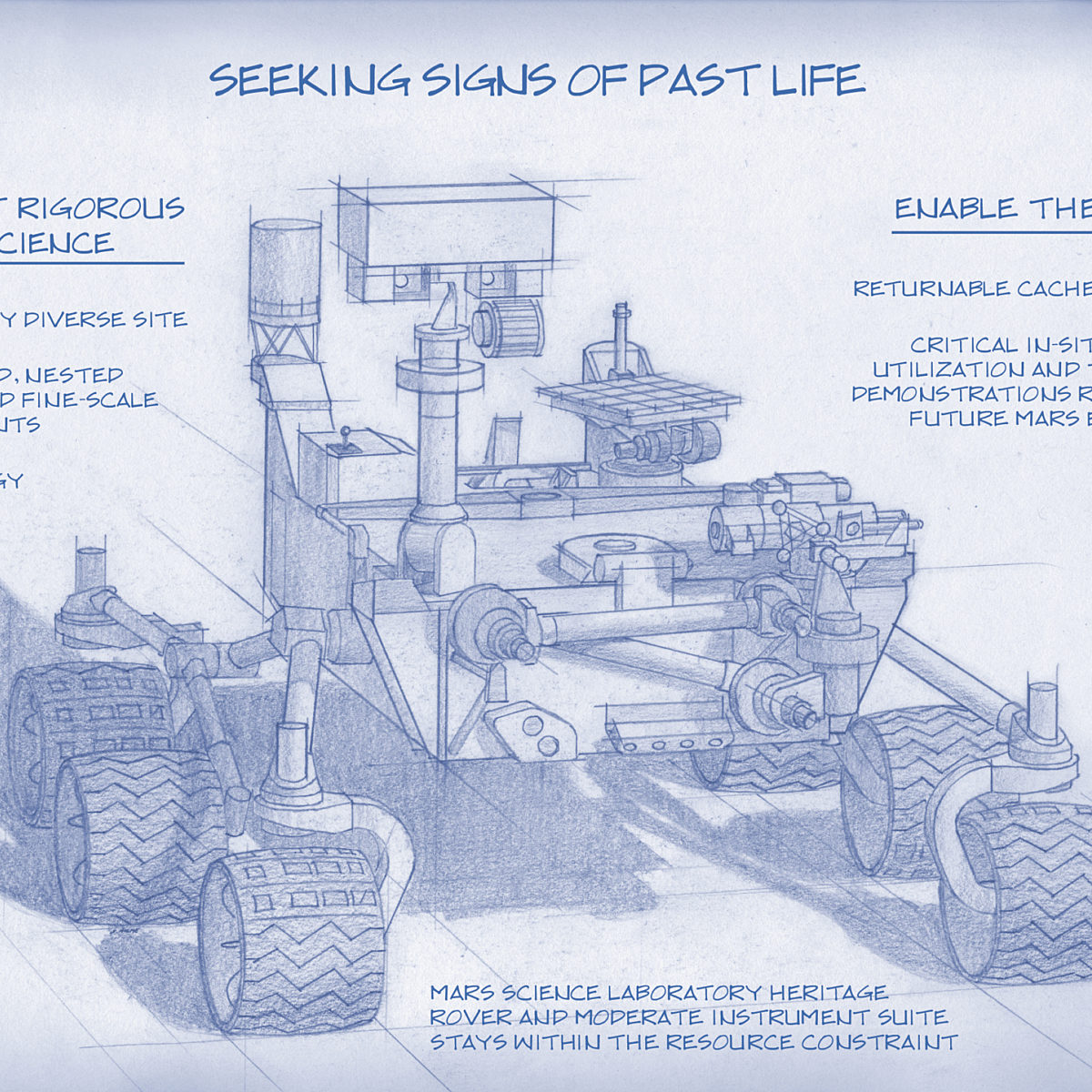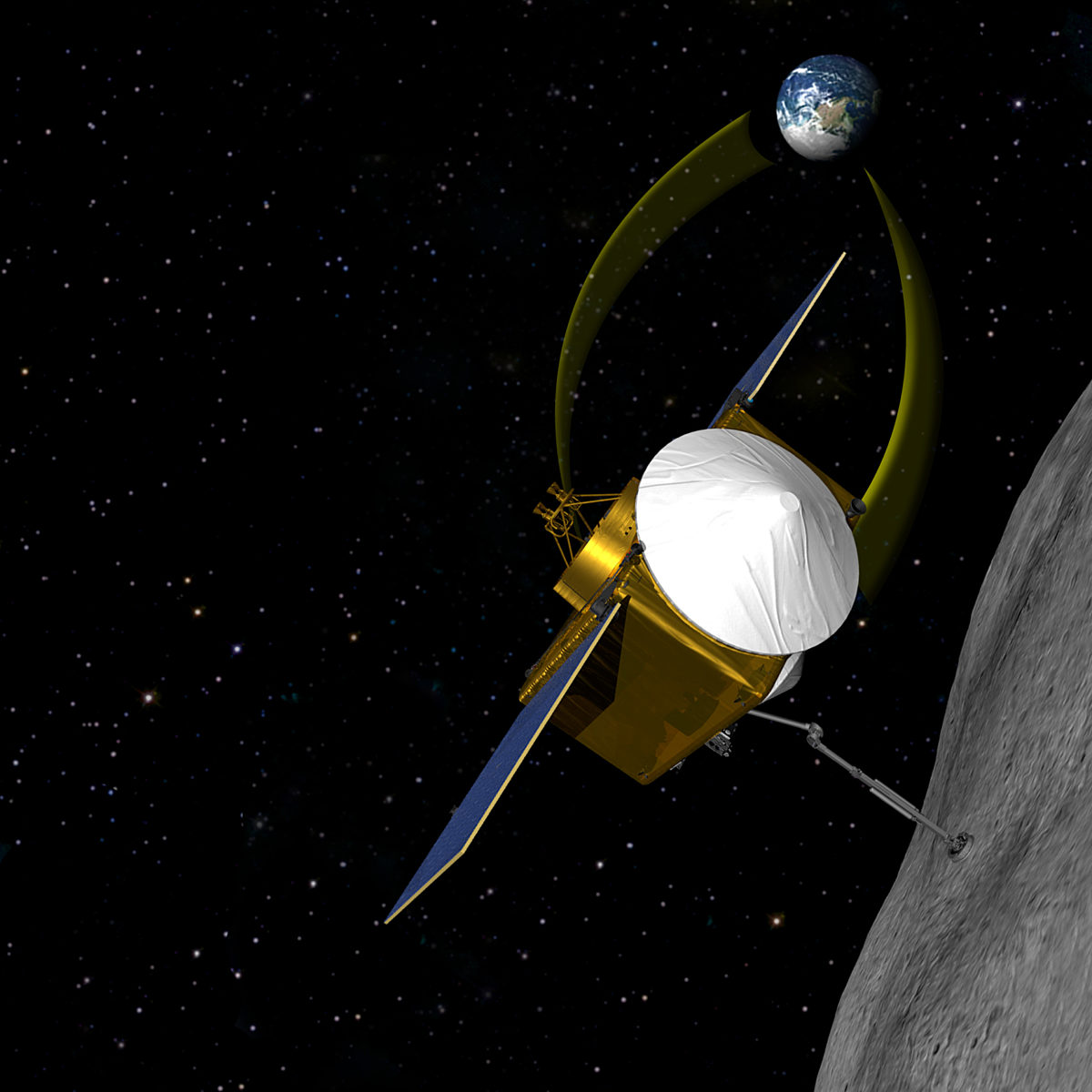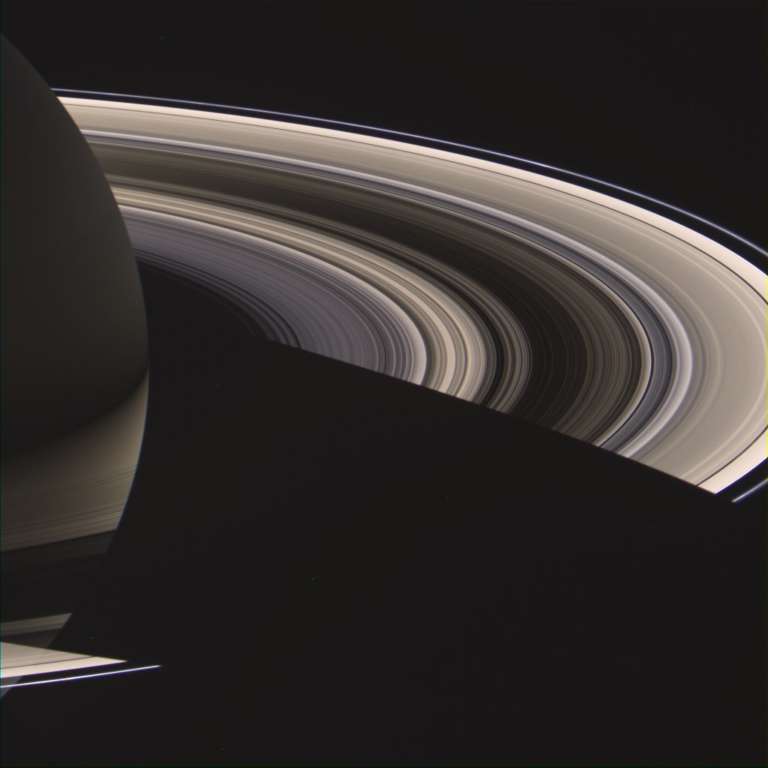All
All
Stories, updates, insights, and original analysis from The Planetary Society.
[Updated]: NASA Selects 7 Science Instruments for its Next Mars Rover
Seven science instruments will help the Mars 2020 rover identify biosignatures and understand the history of the rocks it encounters on the surface of the red planet.
Our Pathway to Exploration Should Start with the Asteroid Redirect Mission
Despite its rejection by the NRC Committee, we argue that the Asteroid Redirect Mission (ARM) is an affordable and logical first step in such a sequence. ARM is not only consistent with the NRC Committee’s own principles, but is also the only near- term initiative that can shape their recommendations into a sustainable human space exploration program. ARM would launch U.S. explorers into deep space beyond the Moon, and fits logically into an exploration program aimed at Mars.
A Checkup on Future Mars Missions
NASA’s Mars Exploration Analysis Group (MEPAG) recently reviewed plans by Europe, the Japanese, and NASA for future Mars exploration. The prognosis is for another exciting decade of Mars exploration.
The Planetary Society Supports NASA's Asteroid Initiative
The Planetary Society strongly supports NASA's asteroid initiative, including the goal of redirecting an asteroid to the vicinity of the Moon. But an independent cost estimate is needed, and needed soon.
Wow, an Increase of $170 million for Planetary Exploration
The House revealed details of its draft NASA budget today, including an increase of $170 million to Planetary Science above the White House's request for 2015, putting it within spitting distance of our goal of $1.5 billion.
The House Proposes an Extra $435 million for NASA next year
Budget season is in full swing in Washington, D.C., and we're starting to see indications of how NASA will fare this year. I have to say, things are looking pretty promising.
Discovery Missions for an Icy Moon with Active Plumes
In December, scientists announced the discovery of possible plumes of water being ejected from Jupiters’s moon Europa. If confirmed, Europa would be the second moon with confirmed plumes after Saturn’s moon Enceladus. Two Discovery mission proposals for Enceladus suggest the types of missions that may be proposed for Europa.
Further Analysis of NASA's FY15 Budget Proposal: Steady As She Goes?
The President’s proposed Fiscal Year 2015 budget details were released last week. For the next several years, the budget proposes a steady as she goes plan, but with two “what are they thinking?” surprises.
[Updated] To Europa!...Slowly. First Impressions of NASA's New Budget Request
Europa may get a mission...eventually. We give our first take on the 2015 NASA Budget request. How does Planetary Exploration fare? Which projects were cancelled? Will NASA capture an asteroid? And most importantly, what can you do about it?
Mission to a Metallic World: A Discovery Proposal to Fly to the Asteroid Psyche
Imagine flying deep within the asteroid belt to study the most unreachable location in the solar system: the deep core of a terrestrial world.
Discovery Next
To paraphrase Forrest Gump, the Discovery program is like a box of chocolates – you never know what you’re going to get. The creativity of the scientific community has given us a wide assortment of missions in the past and is likely to surprise and delight us again.
Mars 2020 Is No Redo
The next major mission to Mars will push the technological envelope in way that preserves its budget and fulfills the scientific goals set by the planetary community for this decade.
A Note on the State of Planetary Science
Heidi Hammel, the Chair of the American Astronomical Society's Division for Planetary Science, reacts to the recent budget news and the uncertain future for planetary science at NASA.
Russia's Ambitious Planetary Exploration Goals
Roscosmos has ambitious planetary exploration plans in the coming decades, including a series of solo lunar missions and joint missions to Mars with the European Space Agency.
Continued Victories for Planetary Exploration
Pat yourself on the back. Planetary exploration will be more vibrant in 2014 thanks to you. More than fifty thousand messages were sent to Congress this year, and they listened, adding back a significant amount of money in the 2014 Omnibus spending bill.
NASA’s New Planetary Mission Woes
NASA’s planetary science program depends on regular missions to solar system bodies to gather data. A combination of budget cuts and previous commitments to develop missions currently in the pipeline means that development of follow on missions may slow to a crawl. Van Kane looks at the current situation and NASA’s plans and then look at options the agency may consider if budgets remain tight into the next decade.
Top NASA Scientists Grapple with Budget Cuts
Ellen Stofan, NASA's Chief Scientist, and John Grunsfeld, the head of the Science Mission Directorate and a Hubble repair astronaut, highlighted recent NASA science discoveries at the American Geophysical Union conference in San Francisco.
An Open Letter to President Barack Obama
Bill Nye writes President Obama arguing that the President should embrace a bold future of planetary exploration.
NASA Just Cancelled its Advanced Spacecraft Power Program
The Advanced Stirling Radioisotope Program (ASRG) was just cancelled by NASA. This was to be the saving grace for Plutonium-238 availability, as it was a much more efficient way to generate electricity than classic RTG systems.
Europe Bypasses Solar System for Upcoming Science Missions
The European Space Agency has selected two astrophysics observatories as its next large science missions, overlooking every proposed planetary mission. ESA's current selection of planetary missions, however, means it will still be a major player in solar system exploration for the next two decades.


 Explore Worlds
Explore Worlds Find Life
Find Life Defend Earth
Defend Earth


 Sun
Sun Mercury
Mercury Venus
Venus Earth
Earth Mars
Mars Jupiter
Jupiter Saturn
Saturn Uranus
Uranus Neptune
Neptune Small Bodies
Small Bodies
















